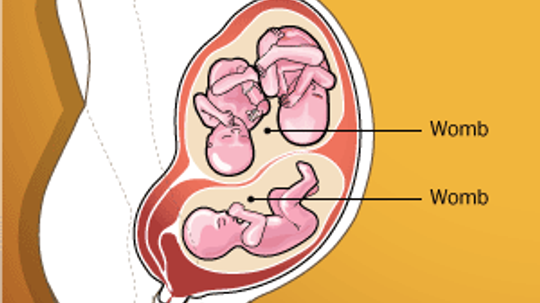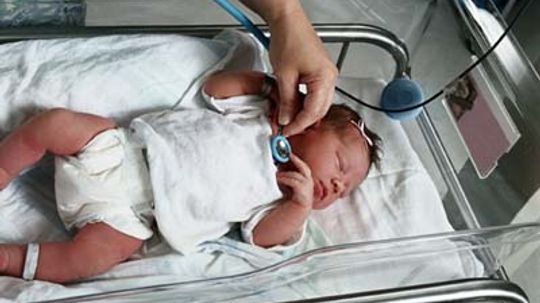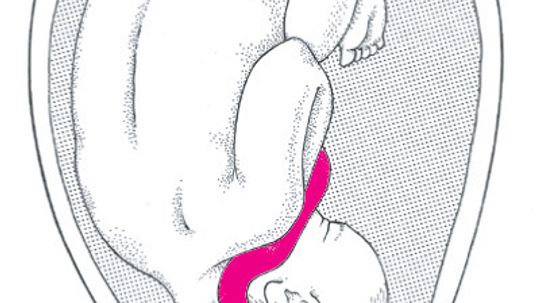Pregnancy Complications
Pregnancy complications range from minor to life threatening for the mother, baby, or even both. Learn about possible complications including preterm birth, post-term birth, gestational diabetes, and more in this section.
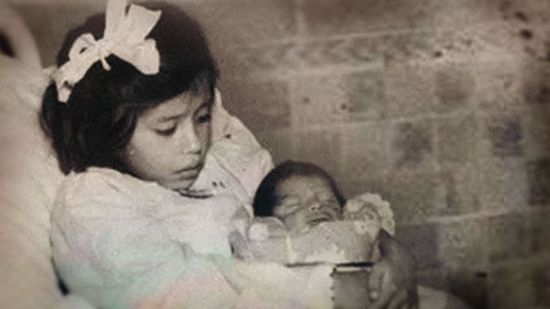
The Shocking Story of Lina Medina, Who Gave Birth at Age 5

You Can Get Pregnant When You're Already Pregnant

Can you get pregnant after having gonorrhea?

10 Weird Pregnancy Cravings That Actually Make a Lot of Sense

Exercise During Pregnancy

Can a woman get pregnant during her period?

Does diabetes affect fertility?

Hormone Imbalances and Infertility

What Do Babies See Before Birth?

Guide to Being 39 Weeks Pregnant

Guide to Being 28 Weeks Pregnant
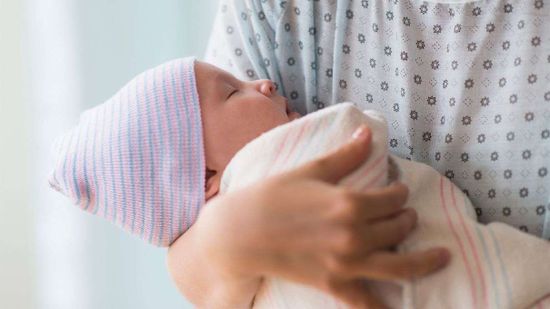
C-sections Can Affect a Baby's Immune System

Quick Tips: Pedicures and Labor
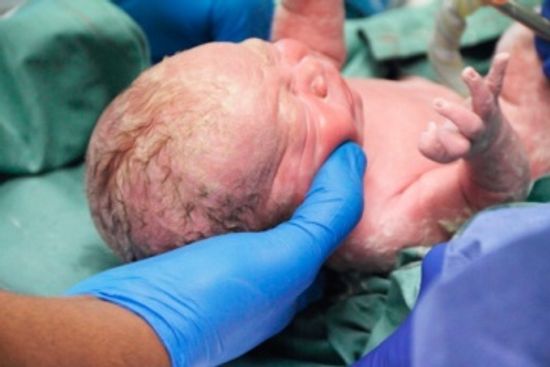
How a Baby Experiences Labor and Delivery
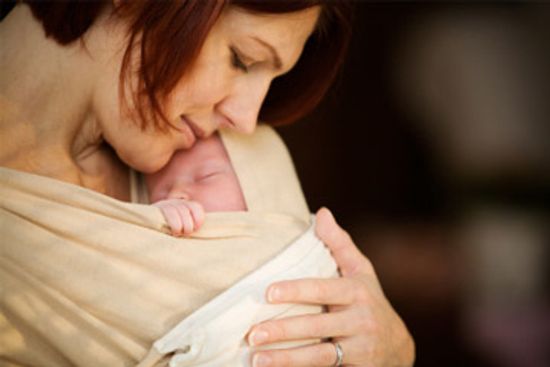
How to Deal with Swelling After Pregnancy

How does postpartum depression affect infants?

How to Minimize Stretch Marks After Pregnancy

Rare Condition Causes New Mom to Lactate Outside Her Breast
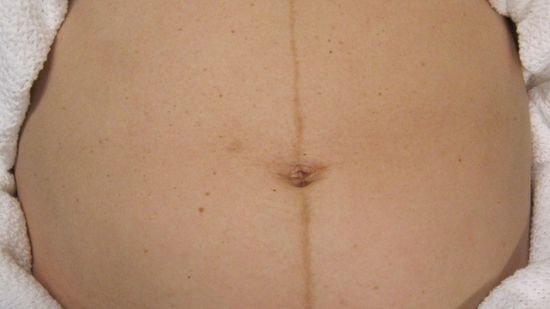
What Is the Linea Nigra of Pregnancy?
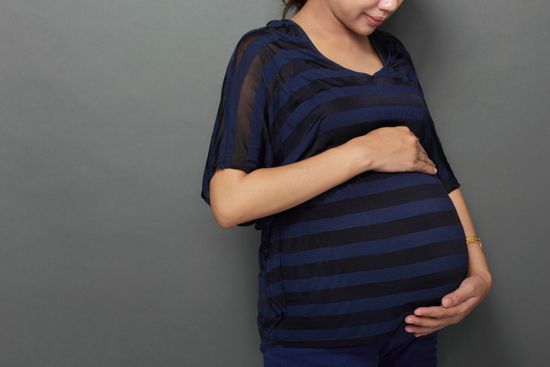
Is it possible for a pregnant woman to be allergic to the placenta?
Learn More
From the signs and symptoms to the confirmation of a miscarriage, find the answers to common questions about miscarriages.
In December 2006 in Britain, three babies were born from two separate wombs -- inside the same woman. Uterus didelphys -- or a double womb -- is a pretty rare condition. It affects anywhere from about one in 1,000 to one in 1 million women worldwide, and it sometimes occurs in families.
By Julia Layton
No mother wants to have a difficult delivery or an unhealthy baby. Learn how to spot the signs of complications and, in some cases, find out what you can do about them.
Advertisement
An embryo usually attaches to the upper part of the uterine wall, but sometimes implantation takes place in a lower location. The condition is called placenta previa and can interfere with a normal delivery.
A miscarriage is the ending of a pregnancy due to the premature delivery of the fetus before the 20th week of pregnancy. At this point, the fetus is not developed enough to survive outside the uterus on its own.

